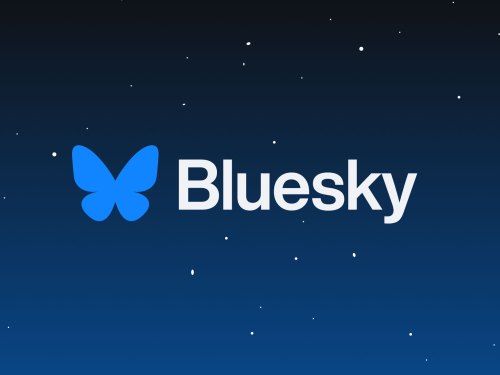This article provides an analysis of the edtech market in 2022, specifically focusing on funding trends, deal sizes, and angel investment activity. Here are some key takeaways from the article:
Key Takeaways:
- Edtech sector remains dynamic: Despite a challenging year, the edtech sector continued to show resilience, with many fantastic companies securing funding.
- Angel involvement increased: Europe became the market where angels were most active in 2022, with Germany leading the rankings followed by the UK, France, Sweden, and Denmark.
- Deal sizes decreased: The portion of total funding secured in larger rounds (more than $40 million) went down to 44% from a peak of 67% in 2020, indicating smaller deal sizes.
- Growth-stage investments slowed: Many funds that typically operate in later stages began repositioning towards making early-stage investments, including Softbank and Tiger Global.
- Early stage deals on the rise: The edtech sector saw a larger proportion of early-stage deals relative to previous years, with 44% of funding going into deals over $100 million.
Insights:
- Angel involvement will continue to increase: As the first few cohorts of successful founders and their teams become more mature, they are likely to invest in angel rounds.
- Edtech sector remains nascent: The sector continues to be characterized by many new companies and a relatively low number of truly mature businesses.
Opportunities:
- Early stage deals offer opportunities: With the increase in early-stage deals, there may be opportunities for investors to get involved with promising edtech startups.
- Angel investment activity provides insights: The growing involvement of angels in the sector can provide valuable insights into emerging trends and potential growth areas.
Challenges:
- Maturity of the sector: While the sector remains dynamic, it also continues to be characterized by a relatively low number of mature businesses, which may make fundraising more challenging for startups.
- Decrease in deal sizes: The decrease in larger rounds may indicate a shift towards smaller, more innovative projects, but it can also create challenges for startups looking to raise significant funding.









